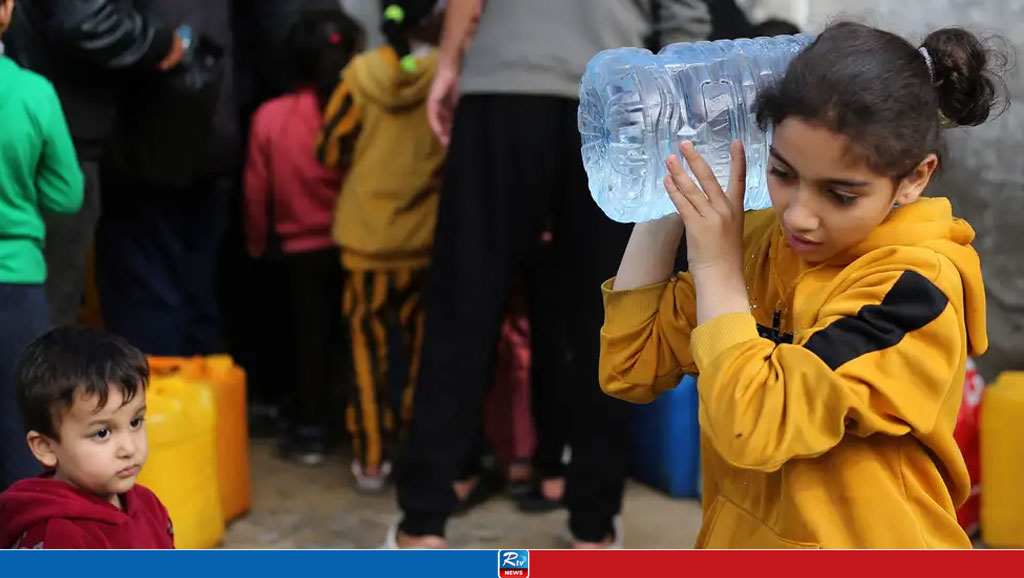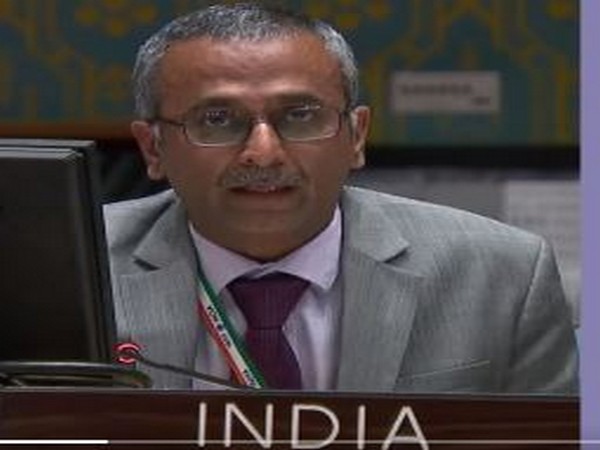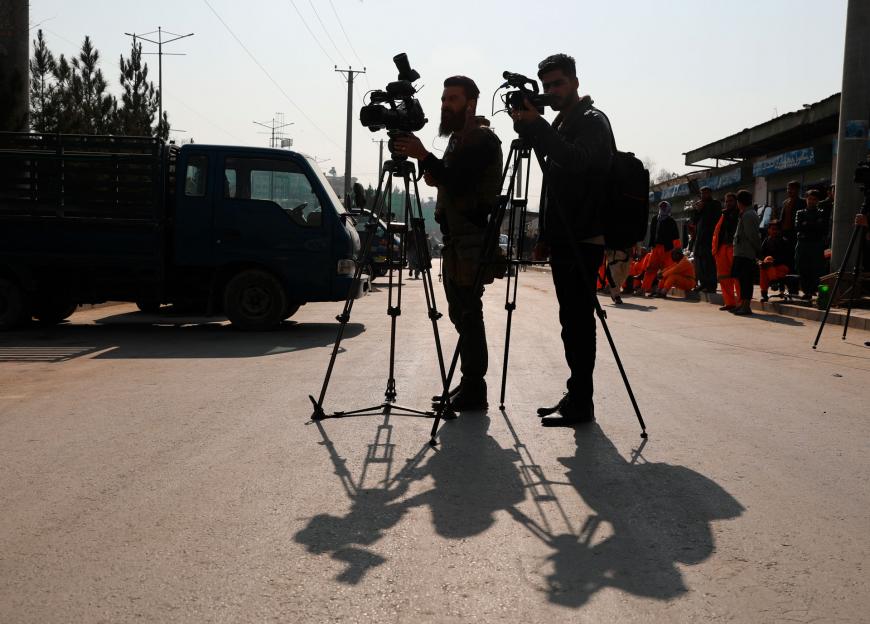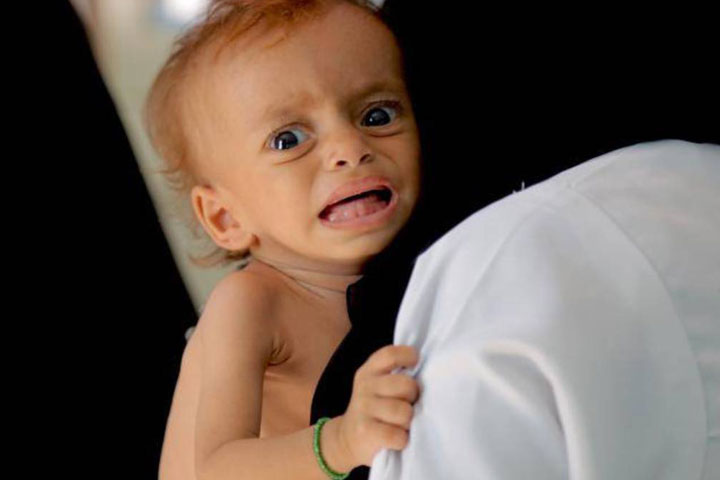US-China conflict over Huawei intensifies
In a twist in the ongoing tale of Washington and Beijing trading accusations over technology and security issues, China has accused the US of hacking into the servers of its telecommunications giant Huawei in 2009. In the past, numerous countries have alleged that China’s government might be using Huawei products for spying purposes and that the firm steals intellectual property from foreign tech companies. But the situation is especially tense between China and the US.
The US Congress had started receiving warnings about Huawei as early as 2012. In 2017-18, it restricted several federal agencies from using the telecom giant’s equipment. In 2019, US firms were prohibited from doing business with Huawei and the Federal Communications Commission (FCC) designated Huawei as a national security threat. The company was charged with stealing trade secrets, conspiracy, money laundering, bank and wire fraud, flouting US sanctions on Iran, and obstruction of justice.
In 2020, foreign semiconductor makers were stopped from shipping products to Huawei without a license. Then in 2022, an FBI investigation found that Huawei equipment could be used to disrupt US military communications, including those related to the nuclear arsenal. Now, President Joe Biden has introduced new bans. Just this year, he signed a law that precludes any Chinese manufacturer from obtaining chips or chipmaking equipment made with US parts anywhere in the world.
Global telecom firms have also accused Huawei of stealing trade secrets for long. In 2003, Cisco filed a lawsuit alleging that its source code appeared in Huawei products. In 2017, a US jury found Huawei guilty of stealing intellectual property from T-Mobile.
One of the world’s leading providers of fifth-generation (5G) mobile technology, Huawei was founded in 1987 and is based in Shenzhen, China. The firm claims to be a private company owned by employees, but the precise ownership structure is not known.
Many countries are worried that the Chinese government exercises massive control over the country’s private companies, including Huawei. This is generally done through heavy regulation and state-backed investment. In addition, companies are required to establish Chinese Communist Party (CCP) branches within them. Not surprisingly, executives of many big Chinese firms are party members, including Alibaba co-founder Jack Ma and Huawei founder Ren.
In 1996, the Chinese government started treating Huawei as a “national champion”. The label is generally given to firms that further the country’s strategic aims. Also, Huawei reported a whopping $138 billion in revenue in 2020, which many countries suspect isn’t possible without government support. This massive support may have helped Huawei to price its equipment far below competitors’ rates. In fact, a European Commission investigation found that Huawei underbid its competitors by up to 70%.
Huawei, on the other hand, says its prices are low because of its technological expertise. The company has also distanced itself from the CCP. In 2019, company founder Ren dismissed the accusations that the telco firm helps Beijing to spy on Western governments, stating that Huawei was willing to sign “no-spy” agreements with governments, and that he “would never harm the interest of my customers”.
But according to many Western experts, Huawei is simply a state-directed company with a singular goal: to undermine foreign competition by stealing trade secrets and intellectual property, and through artificially low prices.
Ban on Huawei
Five major countries — the US, Australia, Canada, New Zealand, and the UK — have banned or are rolling out bans on Huawei. Huawei will also be kept out of India’s plans to roll out its 5G networks and Japan’s government has effectively banned Huawei.
Other US partners, such as Belgium, Denmark, Estonia, France, Lithuania, Poland, Romania, and Sweden have restricted the use of Huawei equipment. Finland, home to Nokia, has introduced a law that can be used to exclude Huawei from its networks, if a risk of cyber threats and espionage is detected.
Also, Italy has prevented telecoms group Fastweb from signing a deal for Huawei to supply equipment for its 5G core network.
In a nutshell, Europe has decided to restrict, rather than ban, Huawei equipment. But a recent court case, filed by one of Huawei’s former managers at its
European headquarters in Düsseldorf, may make the going difficult for Huawei in Europe. The company had failed to comply with the former manager’s request to view the data it had on him and was found to be in breach of European privacy law. During the proceedings, Huawei stated they had deleted the requested information. The former manager had to quit the company in 2018 against his will.
In June this year, the European Commission categorised Huawei as a high-risk entity. Several member states are also making efforts to exclude Huawei from Horizon Europe, the EU’s key funding programme for research and innovation. Despite involvement in projects like developing “massive machine-to-machine communications for 6G”, all “Huawei participants in Horizon Europe” are European-based, not Chinese. Restrictions on Huawei within Horizon Europe could hinder its R&D efforts across as many as 13 European countries.
Still, many countries are proceeding with Huawei for 5G wireless network projects and infrastructure.
Especially those participating in China’s Belt and Road Initiative are already using or have agreed to use Huawei equipment. For instance, just this month, Sri Lanka formally inked an agreement with the firm to support digitisation of its schools. Huawei is also helping Malaysia, Russia and a number of Latin American countries build their 5G networks.
Several European countries argue that security risks are inherent in all 5G networks, regardless of the supplier. These countries prefer to tighten security measures to minimize risks. many low-income countries are choosing Huawei as it is frequently the cheapest option when compared to the other two major firms involved in 5G network solutions, namely the Finnish firm Nokia and the Swedish firm Ericsson.
The US, Australia and other countries point to vague Chinese intelligence laws to support their claim that China could be using Huawei to spy on them. For example, the Chinese National Security Law states that citizens and enterprises have the “responsibility and obligation to maintain national security”. Similarly, the National Intelligence Law states that Chinese companies must “support, assist, and cooperate with” China’s intelligence-gathering authorities. Huawei’s 5G infrastructure may also contain backdoors that allow the Chinese government to collect massive amounts of data.
China’s surveillance laws were passed just as its tech giants, such as Alibaba, ByteDance and Tencent, started gaining market share worldwide. Like Huawei, these firms also often use contractual clauses to transfer user data outside Europe. While these clauses do impose liability, there are no checks or audits. It is left to the clients and consumers to figure out whether the data flows violate their privacy. Countries that have chosen Huawei as a preferred entity in their cost-benefit analysis are likely to be vulnerable to these gaps in Chinese laws, contracts and the company’s promised but increasingly doubtful security architecture.
Huawei, in figures
$91.5 billion in revenue in 2022
3 billion users of its products and services
Operating in 170 countries
$75 billion in Chinese state support since 1987
75 commercial 5G launches and trials
Source: Asian Lite International
04 Nov 2023,13:43


















 Live Tv
Live Tv








